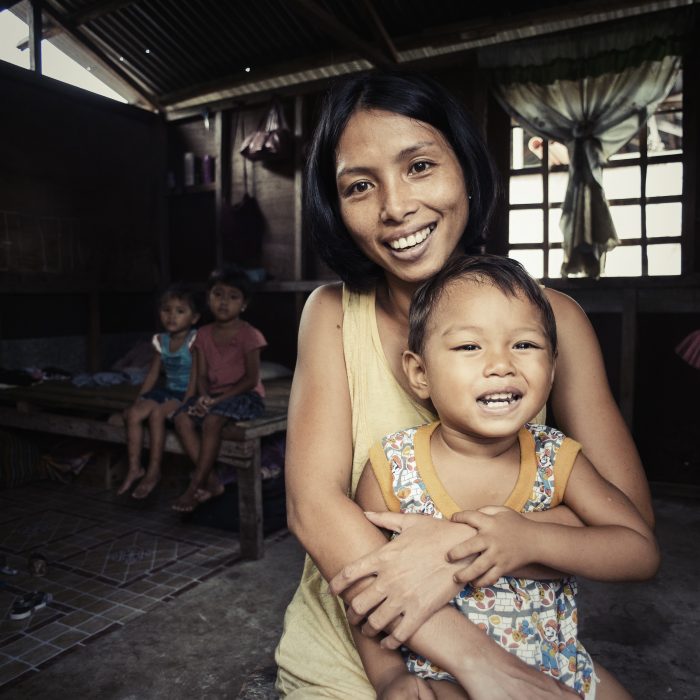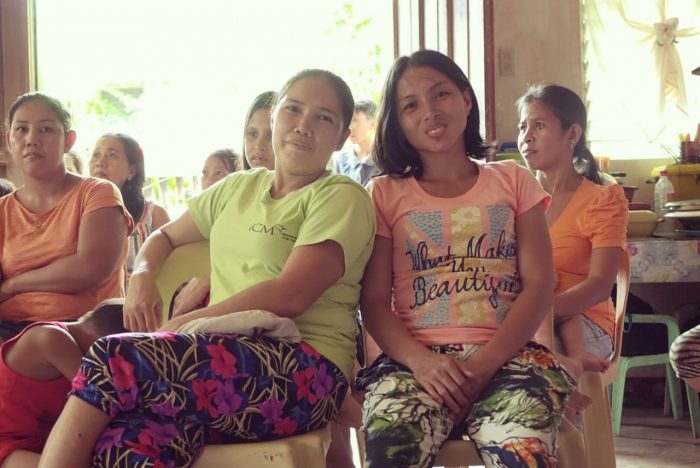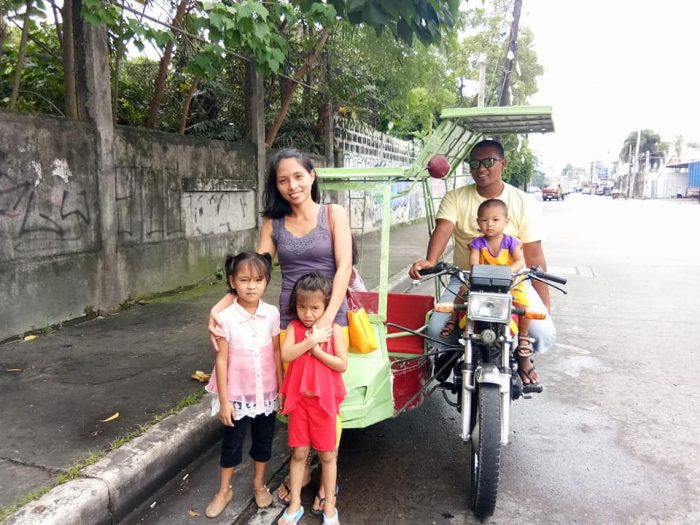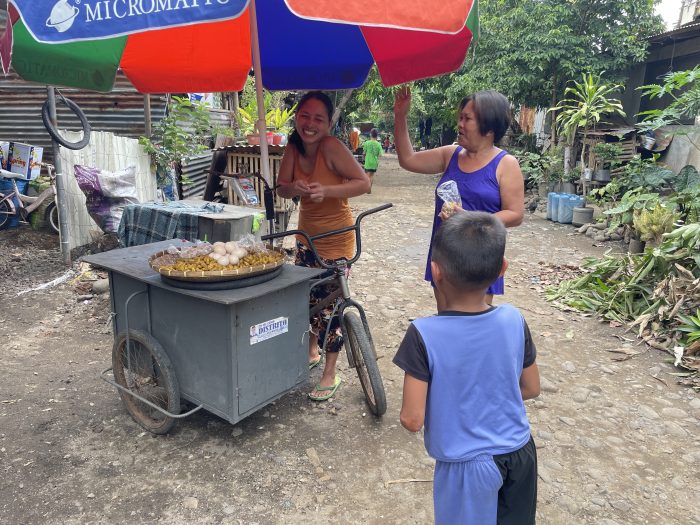
Do poverty alleviation programs work in the long run? Evangeline’s story shows that they’re a good start
The journey out of poverty is never a straight path. But it starts, as most journeys do, with the belief that the end is achievable, a firm decision to go, followed by one step after another. For Evangeline, a mother of three living in Negros Occidental, it has been five years since she made that decision. She has not looked back since — except to see how far she has come.
According to the Philippine Statistics Authority (PSA), 19.99 million Filipinos, or 3.50 million families are considered poor. Seven million of them live in extreme poverty, which the World Bank defines as living below $2.15 (Php 117.00) a day. However, Evangeline and her family — along with seven million Filipinos — struggle to survive in “ultra-poverty,” living on less than Php 25.00 a day.
Life was especially difficult for Evangeline and her family. They lived in a cramped resettlement area along with thousands of families, with unsanitary living conditions, limited water supply and no electricity. She and her husband Jojo barely made ends meet.
Evangeline didn’t know how to do it, but she knew her children deserved a better life than this. “If only I would be given a chance to start something new — I would take it and I would give my all to make a better life for my children,” she shared in Hiligaynon.
Transforming her family’s future
In 2017, Evangeline, joined International Care Ministries’ (ICM) training program called Transform. ICM is a non-profit organization working with the ultra-poor in Visayas and Mindanao.

Transform is ICM’s core program to help families get out of ultra-poverty. This 15-week training program includes livelihood lessons on starting new businesses and financial management; health practices such as hygiene, sanitation, and nutrition; and values lessons to foster attitudes that result in stronger relationships and build self-esteem and confidence.
Evangeline threw herself into the Transform training. She tried out different businesses like making and selling items from banana cakes to dishwashing soap. After completing the program, she started her own business and even invested in a used tricycle for her husband’s work as a driver.
Evangeline also joined a Savings Group to start saving even from what little they had. The vast majority of ultra-poor families have never had savings before. After Transform they have a safety net for times of crisis.

“I feel more secure now that I know how to make money,” Evangeline said.
Moving forward with hope
The past five years have not been easy. Jojo suffered from health problems and they had to relocate. But Evangeline never lost hope or gave in to despair. Armed with lessons from Transform, she knew what she could do. She started a new business selling peanuts, boiled eggs, and balut.
“It’s not the same as before — when it was hard because Jojo was the only one who earned money for our family. It was so difficult for me to stretch our resources But now, there are three of us working!” she shares.

Today, Evangeline and Jojo’s business earns them a steady enough income that they have invested in a motorbike, furniture, and home renovations. They continually reinvest their profits to grow their business.
“Without ICM, we wouldn’t have learned to start and grow a business,” Evangeline said gratefully. The same grit, determination, and hope that had pushed Evangeline to take the first steps to get out of poverty continue to keep her steady on this road towards a better future for her family.
Hope is the key
ICM’s goal is to help those living at the very bottom of the economic ladder reach the first rung, and it all starts with hope. Despite these challenging times, Transform ignites hope and drives a positive change for those in ultra-poverty. After graduating from Transform, participants experience 107% increased income, 36% reduced illness, and 16% family life satisfaction.
As ICM CEO David Sutherland said, “If you want to address poverty: Hope is the key.“ To get out of poverty, one must start with the belief that tomorrow will be better than today.
